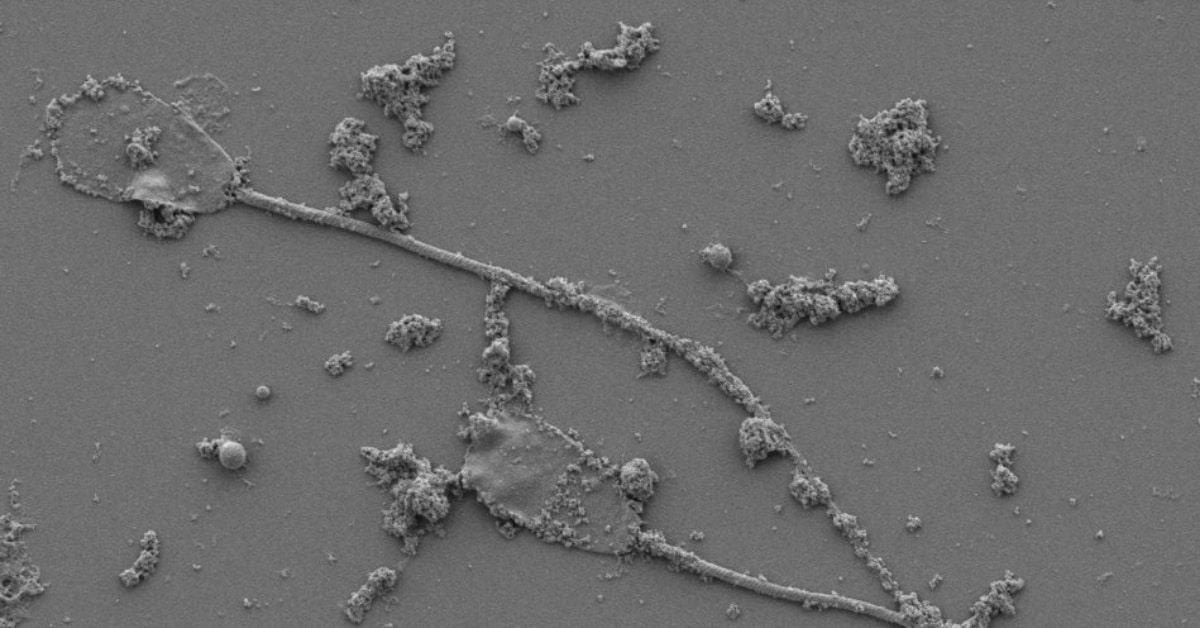A Diet Timeline: A Guide to Nutrition for Longevity

In the realm of health and nutrition, the timing and type of food we consume can play a crucial role in our overall well-being and longevity. Recent insights from Dr. Joseph Antoun, a prominent longevity physician and the CEO of L-Nutra, shed light on how our dietary choices, particularly regarding protein intake, can significantly impact our biological aging process.
Dr. Antoun's revelations come at a pivotal moment, especially for those aged between 30 and 65. He emphasizes that while red meat and animal proteins might seem like an essential part of a diet aimed at physical fitness, they could inadvertently be accelerating the aging process. During a recent interview with the New York Post, he explained that the consumption of animal-based diets stimulates the production of Insulin-like Growth Factor 1 (IGF-1), a hormone that plays a significant role in cell growth and metabolism. Although IGF-1 is beneficial for muscle development, elevated levels—triggered primarily by animal proteins, especially those high in arginine and leucine—can lead to faster aging and increased susceptibility to diseases, particularly during midlife.
To better understand how dietary needs change with age, Dr. Antoun recommends a tailored approach to protein intake. For individuals under the age of 30, incorporating meat into a mixed diet is generally acceptable, as the body is still in the process of developing muscle and bone mass. However, as one enters their golden years after 65, the need for animal protein resurfaces due to a natural decline in nutrient absorption and a corresponding increase in muscle loss.
Between the ages of 30 and 65, however, the dietary stakes shift significantly. Dr. Antoun warns that this period is critical for disease formation, where the speed and quality of aging can largely determine one's lifespan. To navigate this crucial phase, he advocates for what he terms the Longevity Diet—a predominantly plant-based approach that emphasizes the consumption of legumes, beans, nuts, and seeds over animal products. He highlights that dietary models such as the Mediterranean, pescatarian, and flexitarian diets are particularly effective in fostering longer and healthier lives, thanks to their rich plant-based nutrition and heart-healthy fats.
Interestingly, Dr. Antoun points out a trend among bodybuilders who may appear youthful during their prime years but often experience accelerated aging later in life. He states, “They look great in the short term but end up looking far older than their real age in their 50s and 60s.” This observation underscores the dual nature of IGF-1’s effects: while it can help in building impressive muscle, it may also fast-track aging, leading to adverse long-term effects.
Moreover, Dr. Antoun critiques the commercial food industry, which often glamorizes muscular physiques as the ultimate standard of health. In reality, this emphasis can mask a potentially accelerated internal aging process fueled by high IGF-1 levels.
That said, Dr. Antoun does not advocate for a complete elimination of animal protein from one’s diet, particularly after the age of 65. He stresses the importance of making informed dietary choices, highlighting that red meat is often high in saturated fats, whereas fish offers healthier, unsaturated fats. He also notes that different types of meat can have varying effects on IGF-1 stimulation due to their distinct amino acid profiles.
In conclusion, the take-home message is clear: prioritize a plant-based diet during the crucial middle years of life. This strategy may help mitigate the long-term risks associated with aging, allowing for the occasional indulgence—like a burger—during retirement, without the associated guilt or health risks.




























